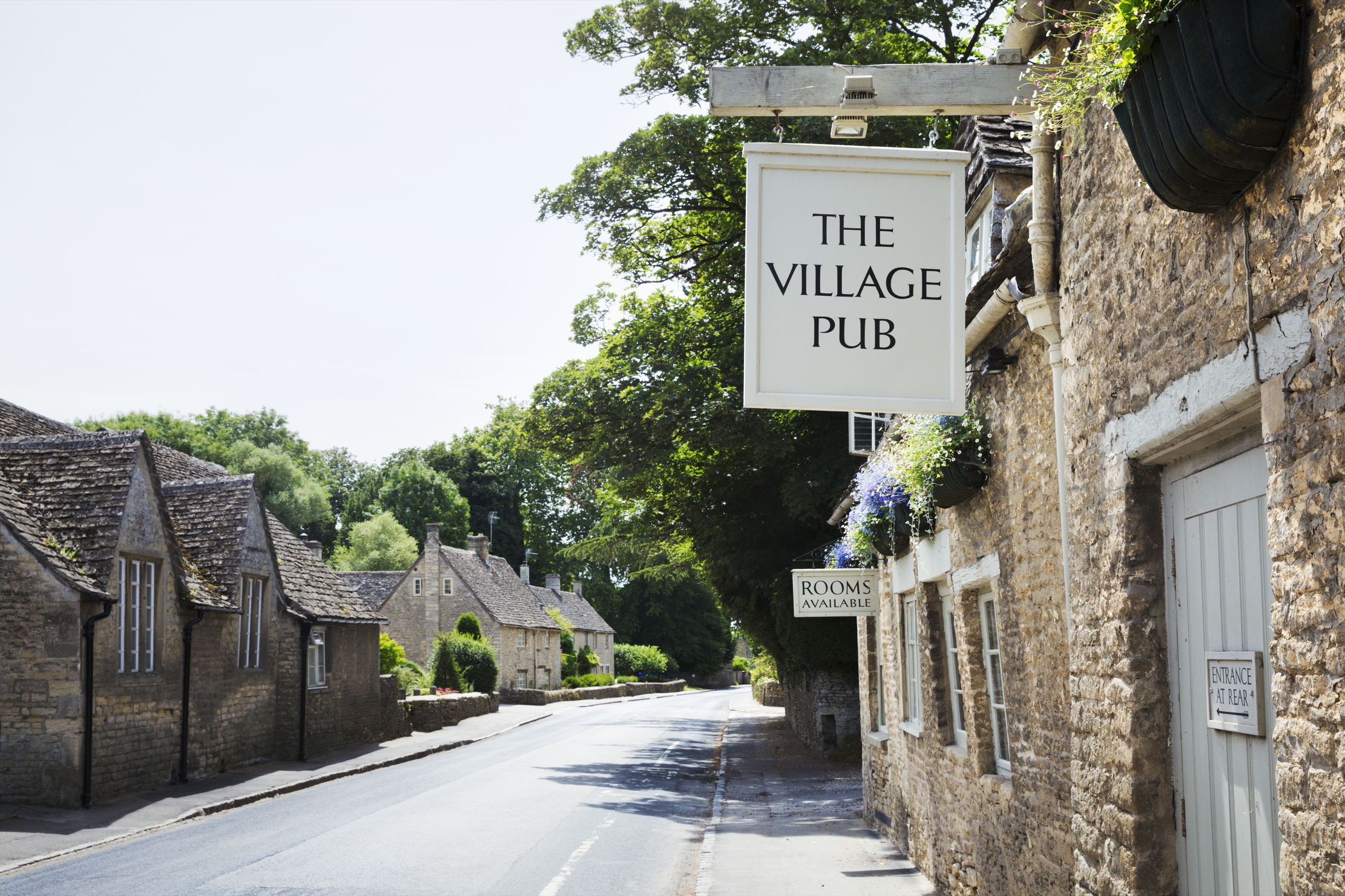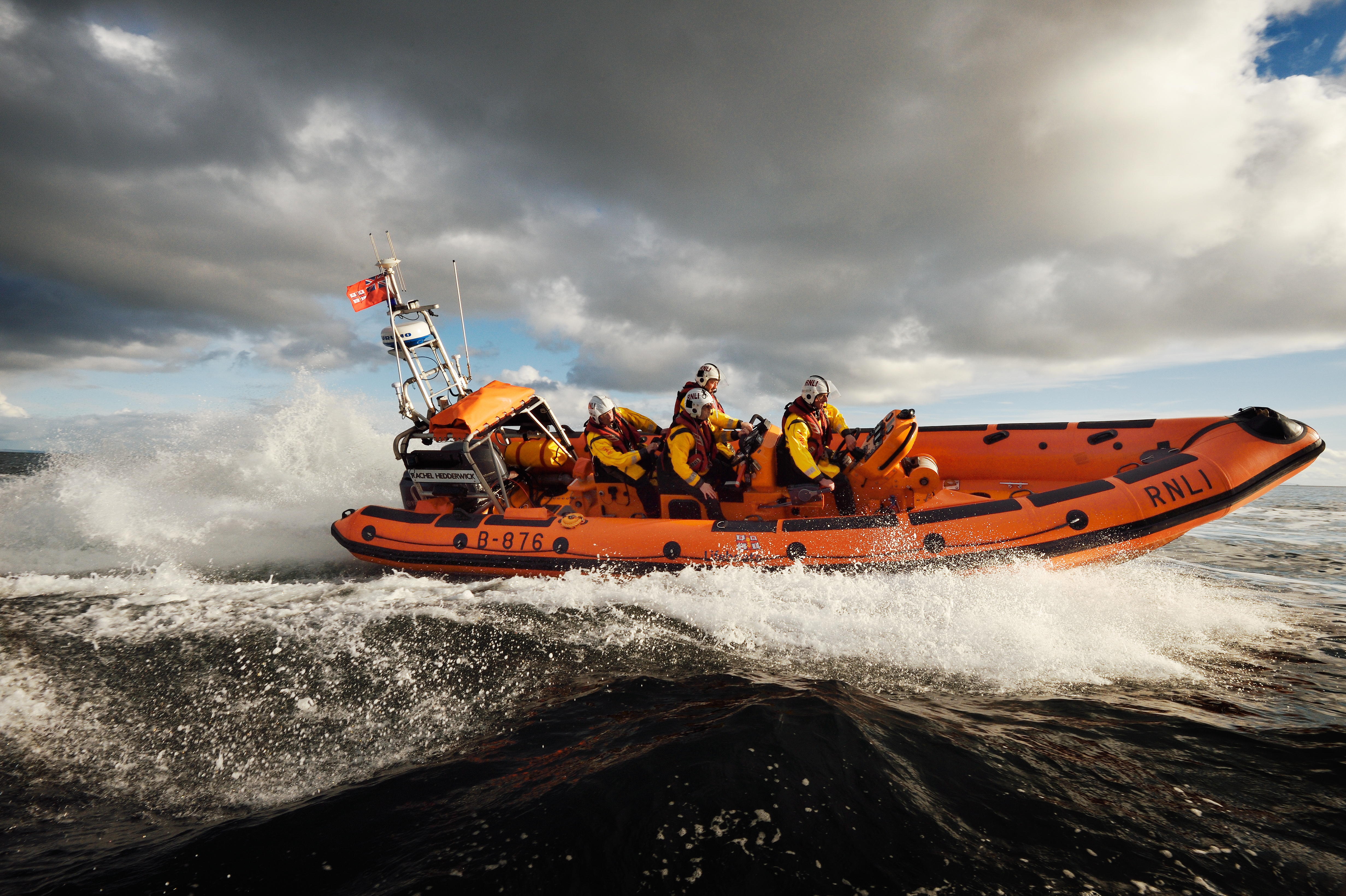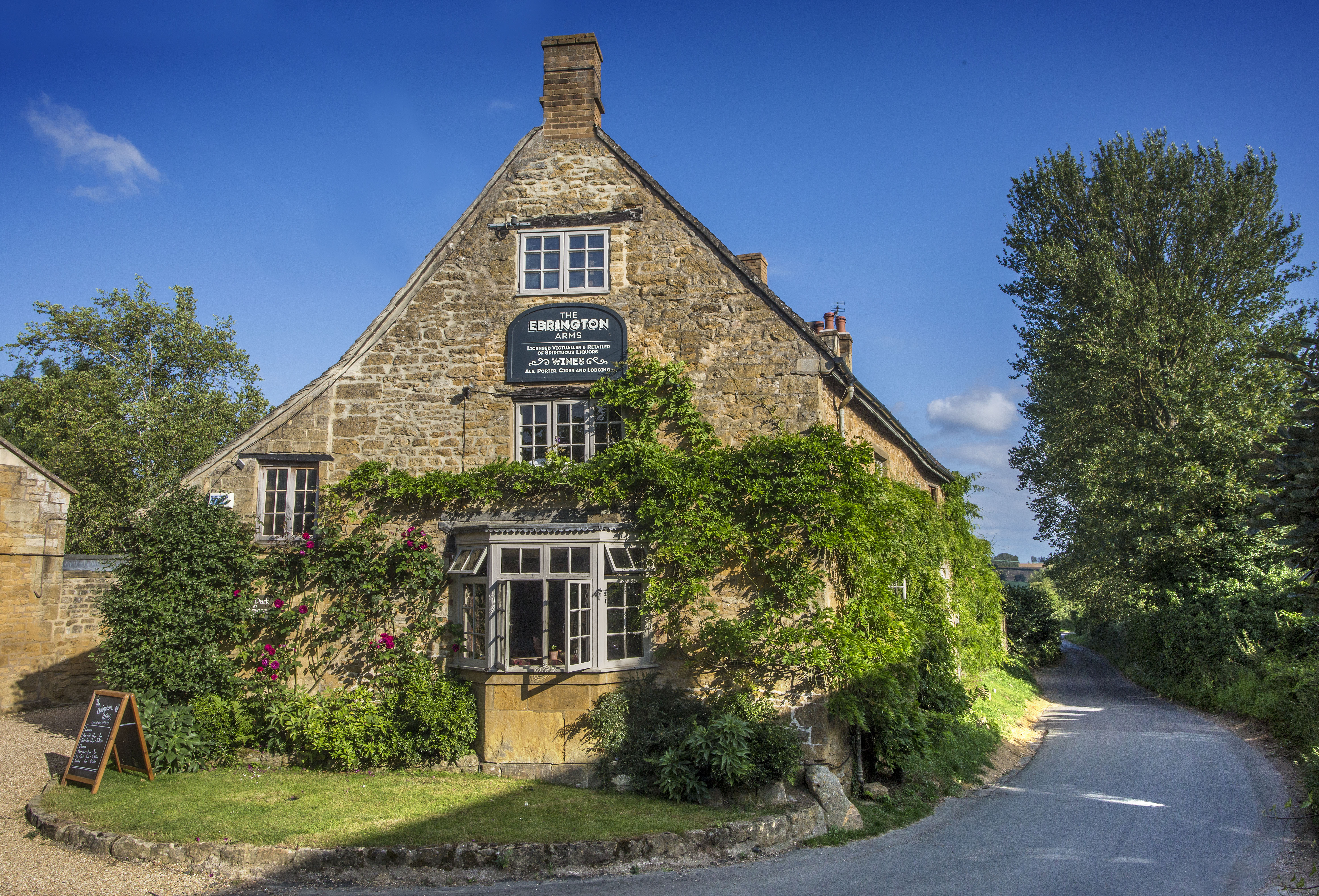Patrick Galbaith: If you don't keep using your local pub and butcher, you won't have a community worthy of the name
Patrick Galbraith laments those who complain about the price of beer in pubs and and beef in butchers — the real value is in keeping a sense of place.


Exquisite houses, the beauty of Nature, and how to get the most from your life, straight to your inbox.
You are now subscribed
Your newsletter sign-up was successful
Well over a decade ago, I sat at a meeting in the village pub, eating a packet of Scampi Fries and drinking a pint of Carling (it wasn’t a sophisticated place, but it was what we had). The meeting had been called — I think by the local landowner — because the pub hadn’t made money for some time and it looked as if the owner of The Flying Pig had no other option than shutting up shop. I was, quite proudly, a bit of a regular. On Wednesdays, I’d stop in for one and on Thursdays — chip night — I’d put away two or three at least. Things could run on until 10pm (hellishly late in somewhere as presbyterian as south-west Scotland).
What irked me, however, is that a good 80% of the people who turned up for the crisis meeting had almost never been in for a drink. Sure, they’d have been sorry to see it go, but if you’re not going to put your money where your mouth is, it’s no good. The Flying Pig eventually became a community pub. As a student, I poured the odd pint while reading James Joyce. ‘What’s that about?’ an old farmer asked of Ulysses. ‘Nobody’s very sure.’ I replied. My parents moved away a couple of years ago and, last I heard, covid had finally killed the Pig.
As the name suggests, the pub had originally been a butcher’s shop and some of the older people in the village, such as Bob the sheep farmer, a man with a famous fear of badgers, could remember buying sausages there. A fortnight ago, I spent a day in H. G. Walter, a butcher’s shop in Barons Court, west London.
"You can’t get veal, cut up to your own specification in a supermarket, if, indeed, you can get veal at all"
When my father was a little boy, he lived around the corner and would buy sausages there, but the business has grown immensely since then. It supplies some of London’s smartest restaurants and counts Tom Parker Bowles, Nigella Lawson and Amber Rudd as regulars. At about 10am, when I was standing behind the counter next to Moran Berger, a charming Israeli butcher who is also a Le Cordon Bleu-trained chef, two Bulgarian men came in and dropped a couple of hundred quid on steaks. When they left, a conversation followed about why butcher’s shops are expensive.
There are a few obvious reasons. They have to pay for a premises and staff have often done two or three years of training (quite a few are chefs who find the hours are better), but it’s also, Moran told me, about choice. You can’t get veal, cut up to your own specification in a supermarket, if, indeed, you can get veal at all.
At lunchtime, James Hayes, a local portrait painter, came by. He invited me to pop around to his studio on the Talgarth Road. I’ve often looked up at those incredible late-19th-century studios and I’ve wondered what they are like inside. They are, I discovered, extraordinary. They are purpose-built for artists, the light comes streaming in through the large windows and the wallpaper was originally by William Morris. However, James, I realised, had invited me because he wanted to tell me how much H. G. Walter meant to him. He works away all day, up above the traffic, and popping into the local butcher’s is part of his life.
Local shops are expensive. It’s cheaper to drink at home than it is to go to the pub, and in the age of the mail-order meat box, who needs a butcher? But if you’re making those comparisons, you don’t really get it. That extra that you pay is an investment in the community. Without those places to go for a chat and some sausages, there isn’t, I don’t think, much of a community at all.
Exquisite houses, the beauty of Nature, and how to get the most from your life, straight to your inbox.

Credit: Getty
Who was the original Jack Russell who gave his name to one of Britain's favourite dog breeds?
Kate Green takes a look at the the legacy of Revd John Russell, the man who gave his name to

How to stop your dog marking his territory and cocking his leg in other people's houses
Ben Randall on how to handle one of the most embarrassing moments for a dog owner.

The RNLI's 200-year journey from being set up in a pub to saving tens of thousands of lives
The brave men and women of the RNLI have been working for two centuries to save the lives of those

Why the great British pub is better than ever
The numbers show that pubs across the country are shutting down — but those that are still thriving are doing so
Patrick Galbraith is an author, journalist, former editor of Shooting Times, and a regular contributor to Country Life.
